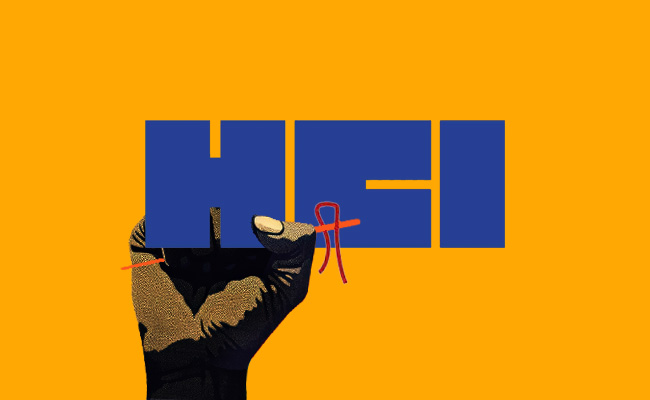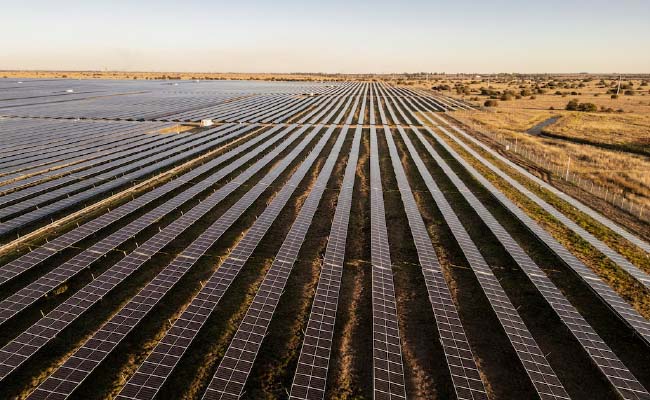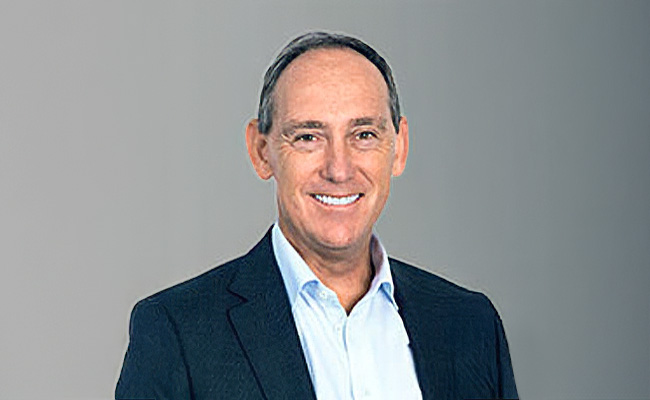Ditikeni, a broad-based black empowerment investor, doesn’t shy away from challenges. It reckons mid-2025 is a good time to launch a private equity fund dedicated to transformation. And just for good measure, it’s throwing in some impact criteria.
It comes at a time of vocal public debate and growing disillusionment with BEE, which has come to a head with the government’s announcement of plans to launch a R100bn Transformation Fund. For decades there’s been opposition to the way the government has implemented empowerment legislation, and recently that opposition has become much louder.
According to Wits University’s professor William Gumede, since the 90s, BEE has done little more than transfer about R1-trillion of wealth to 100 well-placed individuals and develop a culture of corruption.
The Institute of Race Relations reckons BEE is costing the country about R150bn a year; a huge figure dwarfed only by estimates contained in a recent Free Market Foundation report, which put the annual costs of BEE at up to R290bn – or 4% of South Africa’s GDP. Costs which, it argues, may reduce GDP growth by as much as 3% per year.
Meanwhile, across the globe impact investors are feeling the heat from US President Donald Trump’s outspoken opposition to all things social and environmental.
Ditikeni argues there’s a different story. It’s a similar tale to the one told in Currency a few weeks ago by Ryan Short and Gita Briel, who said rejection of impact investing has been overhyped. “The original ESG imperatives – climate disruption, resource scarcity and social instability – are intensifying,” said Short and Briel. South Africa has a well-established responsible investment culture, which underpins the demand for impact-aligned products, particularly among pension funds, said the two analysts.
“Making capital work better for all, rather than just for financial returns, is a popular theme at pension fund trustee meetings, conferences and consultations,” Ditikeni’s spokesperson and investment adviser Gordon Young tells Currency, adding: “The rise of concern about climate change, with its potentially devastating effect on communities, has sharpened the debate.”
As for transformation, Ditikeni believes the case for investing to transform South Africa has never been stronger.
Gumede contends that across the globe transformation has a proven track record where it empowers a wide number of people. “Our version empowers a very small number of individuals,” Gumede said in a recent interview on Newzroom Afrika. Furthermore, because it focuses on benefiting a select number of politically well-placed individuals, he says transformation inevitably excludes black South Africans who are genuine entrepreneurs.
Ditikeni’s new private equity fund is targeting just the sort of transformation Gumede says has proven to be successful elsewhere on the globe. It will invest in small, medium and micro enterprises operating in impact-sensitive industries such as renewable energy, education, training, water services and health.
“The range of transformative investment opportunities is far greater today than it was 20 years ago. Our new fund is seeing numerous opportunities which meet our transformation goals as well as our expectation of market-related returns,” says Young.
Appropriately, Ditikeni is not working with the sort of huge numbers at government’s disposal. Largely because it doesn’t have access to that sort of money but also because it believes the real need is among small-scale businesses run by entrepreneurs who need some capital and a little hand-holding.
Not just a ‘tick box’
Ditikeni, which has built up a lot of expertise on that front, is what you might call a true broad-based BEE (BBBEE) success. It started life 25 years ago with seed capital of just R2.8m contributed by several non-profit organisations working in poor black communities across the country. With that meagre amount, which was all the NPOs could afford, Ditikeni astutely exerted itself into some attractive BBBEE transactions over the years.
It now has net equity of R415m and along the way has distributed R106m in cash to its NPO beneficiaries. That’s not billions – but it reflects an internal rate of return of a whopping 26.9%.
Ditikeni now wants to apply its experience – of selecting and overseeing winning BBBEE deals – to a larger fund on behalf of external investors. It is contributing its skills and R70m of its net equity alongside Vunani Capital Partners, which is contributing R23m to the fund’s initial R100m – with a R300m target.
“From my experience, investors, especially big institutions, have shifted gears. They’re no longer just asking for impact as a ‘tick box’ but actually want to see how their capital is changing lives or tackling climate and social issues, while still delivering solid returns,” says Michelle Bholosha, a senior private equity specialist at Vunani Capital Partners.
“The private sector is beginning to step in where there are systemic shortfalls,” she tells Currency.
The fund has already invested R30m in two renewable energy companies and a training organisation. Now it is seeking additional investors to ramp up its investing activities and tackle larger opportunities.
“The companies that we invest in must meet one or more of the UN Sustainable Development Goals. We turn away any proposal that has no clear impact of this kind. But of course standard financial return targets are also applied to every investment we make,” says Bholosha.
“We are constantly coming across quite remarkable teams of innovators, who have taken an idea and executed on it, and have brought it to profitability. At some point they usually need more capital to expand,” says Young – which is where Ditikeni comes in.
“Renewable energy, water and training will be relatively easy wins for us.”
As an impact fund, Bholosha believes that the fund’s top competitive advantage is that not many traditional equity players are “willing or able” to invest where it does.
“We fund established, well-managed businesses that are still relatively small in size. They’re not start-ups, but they’re not yet mid-market private equity targets either. These businesses have real traction, experienced leadership, and strong growth potential and that creates a unique opportunity to scale them commercially and unlock returns,” she says.
For added street cred, Bholosha points out she is a product of impact initiatives herself, having received a BankSeta bursary for her tertiary studies. “That opportunity changed the course of my life from a previously disadvantaged background to becoming a financial services professional, and I carry that experience into every impact conversation. So for me, impact investing is not just professional, it’s personal because I have lived the upside of what this capital can do.”
Top image: Rawpixel/Currency collage.
Sign up to Currency’s weekly newsletters to receive your own bulletin of weekday news and weekend treats. Register here.













I was denied a job at Vunani because I’m white. Will not support anything by this ultra-racist company
[…] Read the coverage on Currency News. […]